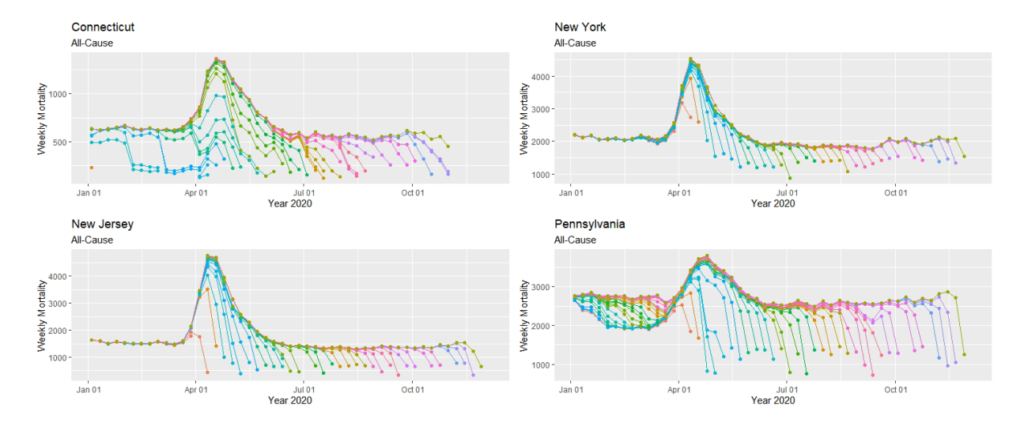Excerpt:
An audit of the California Public Employees’ Retirement System, America’s largest public pension fund, found regular payments to pensioners well after they died, so much so it’s challenging to get the money back.
Around 1,800 CalPERS pensioners die every month, according to a June memorandum from the fund’s Office of Audit Services that recently become public. CalPERS had more than $41 million in wrongful pension payments outstanding as of July 31, 2020, the audit said. It estimated CalPERS made those payments to about 22,000 dead pensioners.
The CalPERS Death and Survivor Benefits Division (DSBD) is responsible for verifying a pensioner has passed away and stopping payment. The audit found this process is done by a part-time employee that’s not given regular supervisory oversight.
…..
Of the sample of 30 cases audited, the report found DSBD learned pensioners had died an average of 47 months after the date of their deaths, resulting in $2.34 million in wrongful payments that had yet to be recovered.
Author(s): Cole Lauterbach, The Center Square
Publication Date: 20 Sept 2021
Publication Site: The Press
